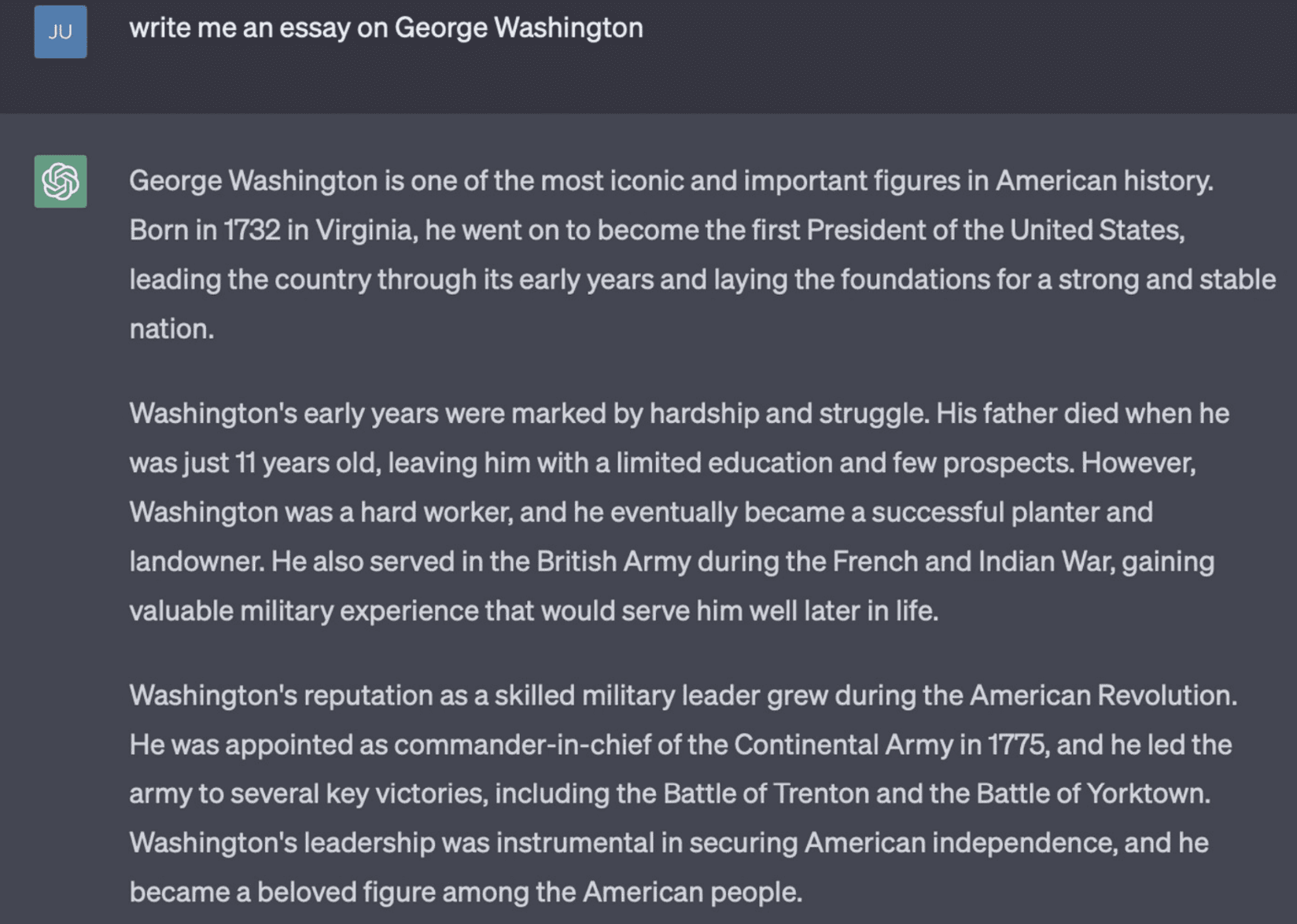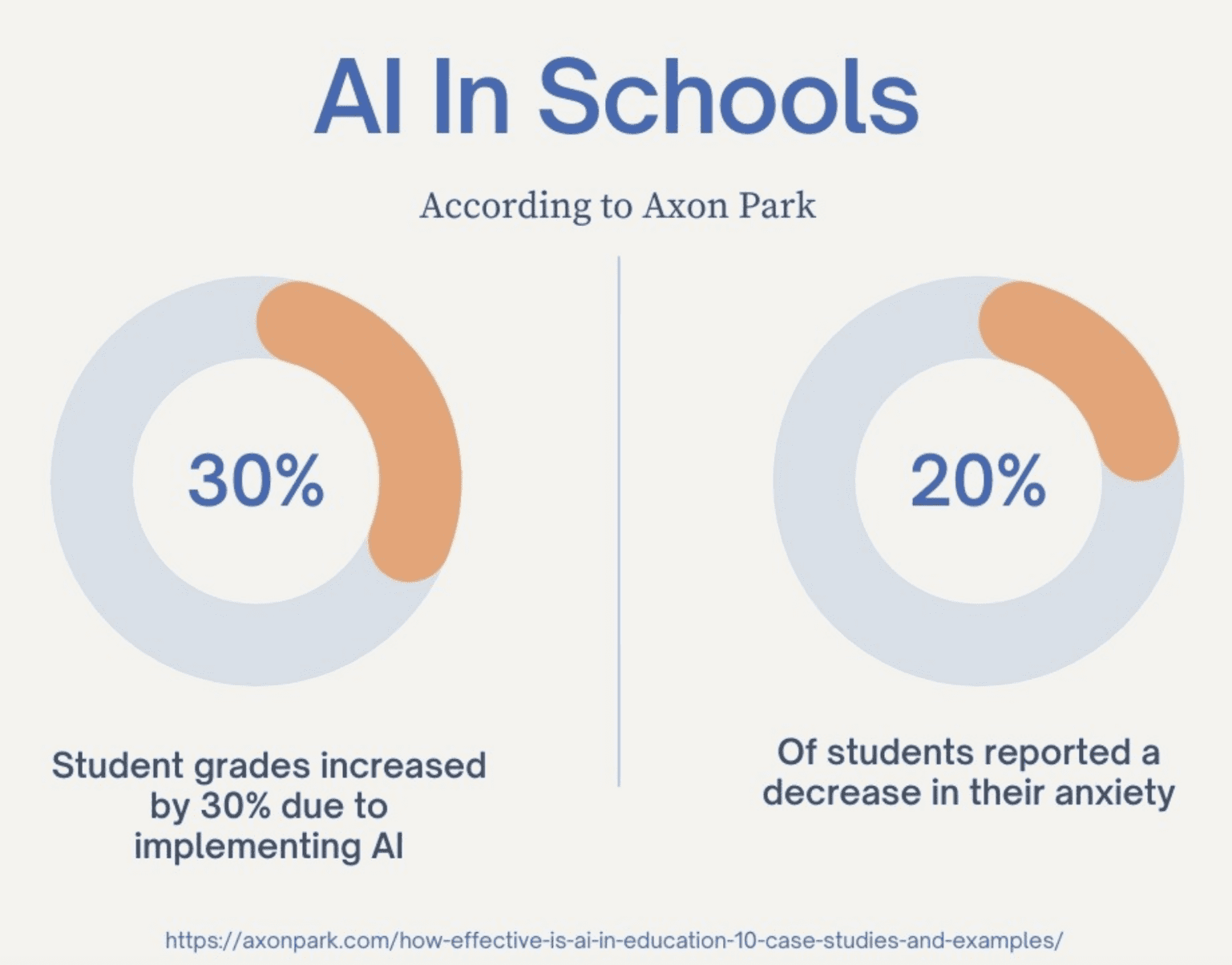By Julia Cavanagh
Editor’s note: The following is part one in a series on artificial intelligence and its implications for schools and society at large.
Daniel Ferrick, a history teacher at South Side High School in Rockville Centre, has already had students who have employed ChatGPT, a natural language processing tool driven by artificial intelligence, in their work.
An essay prompt recently turned into a learning moment for him and his students. “I gave a writing prompt two weeks ago on the plague, and three students used the word flummoxed,” he said during an interview this past spring. Their essays did not match, but the vocabulary was, he thought, beyond their ninth-grade abilities.
So, Ferrick warned the students that he would give a vocabulary quiz based on their essays. “Students immediately complained, saying it wasn’t fair,” he noted. “I asked the class if anyone knew what the term flummoxed was. No one raised their hand. Shockingly!”
By exploring how ChatGPT has been used thus far, this reporter aimed to explore what the future of the platform will look like in high school and college classrooms. Although cheating has been seen, the Rockville Centre School District is also examining how ChatGPT can be a helpful tool.
South Side junior Sofia Shakham said it has become almost routine for some students to complete their work with the help of ChatGPT. Shakham has used the platform herself, saying, “When using ChatGPT to complete assignments, I make sure to use specific key words, and most of the time it gives the exact answer I need. It’s especially well versed in history.”
Although Shakham said she has not used the tool to complete an assignment in totality, she does know other students who have. This is what concerns teachers like Ferrick most of all.
Rockville Centre Superintendent Matthew Gaven said he is “obsessed” with AI and its potential. He believes schoolwork will change because of it, given its potential to supplement lessons.
“Deliberate implementation. Having and keeping a plan. See the feature and shape it — don’t allow it to shape the students,” Gaven said.
“When using ChatGPT to complete assignments, I make sure to use specific key words, and most of the time it gives the exact answer I need. It’s especially well versed in history.”
Sofia Shakham, South Side High School Junior
With the seemingly unlimited knowledge ChatGPT has shown to possess, Gaven wanted to make clear that he does not see it as a means to an end. “If you’re trying to control it, you’re going the wrong way,” he said.
Although Gaven loves the idea of the platform, he understands the potential for it to be misused. Thus he has set up a group of South Side teachers who meet and discuss the impact that AI has had on their teaching styles and assignment giving. “Will there be more in-class writing assignments? Absolutely,” Gaven said.
Many teachers said they worry that students will use the platform to fully complete and hand in assignments using solely ChatGPT. This is a major concern not only at the high school level, but also at colleges.
Hofstra University journalism professor Mario Gonzalez said if AI is used wisely, it can be a learning tool — but only if used wisely. “Educators will have to give more thought about how they implement curriculum and police cheating,” he said. “That could mean implementing tougher project requirements or changing other key elements of our teaching style.”
Although there are currently no applications to detect cheating with ChatGPT, Gaven said he is confident there will be soon.
This leaves the question: If completing assignments using ChatGPT is not OK, but using it as a tool is, where will educators draw the line? The consensus at this point seems to be total completion of an assignment.
This reporter tried ChatGPT, prompting the platform to write an essay on George Washington. Words immediately started appearing, and they didn’t stop until ChatGPT was instructed to do so.

The platform took the prompt and ran with a timeline approach. Although the essay is not top-notch, it is impressive. When students see a way to mimic their writing in a quick and efficient way that involves virtually no work on their part, it’s bound to take off in popularity, educators say.
Gaven said he believes the tool will be crucial to expose students to various disciplines and promote deep thinking. If students are not spending as much time writing, they can ask more questions and conduct more research.
Ferrick noted that students who struggle to write may benefit greatly with a head start powered by ChatGPT. A case study done by Axon Park, a digital education provider, verified this thought. Artificial intelligence implementation improved students’ grades by 30%, while also reducing their workload anxiety by 20%. Axon Park’s mission is to transform digital education: “We believe the metaverse, supercharged with AI, is unlocking a new paradigm in digital learning that will make education more accessible, engaging and fun for students everywhere.”

No doubt, artificial intelligence poses many questions for the future of school work. For now, Rockville Centre teachers are trying to combat cheating with AI, while also exploring the seemingly endless possibilities that it presents.
Check out ChatGPT here: https://chat.openai.com









